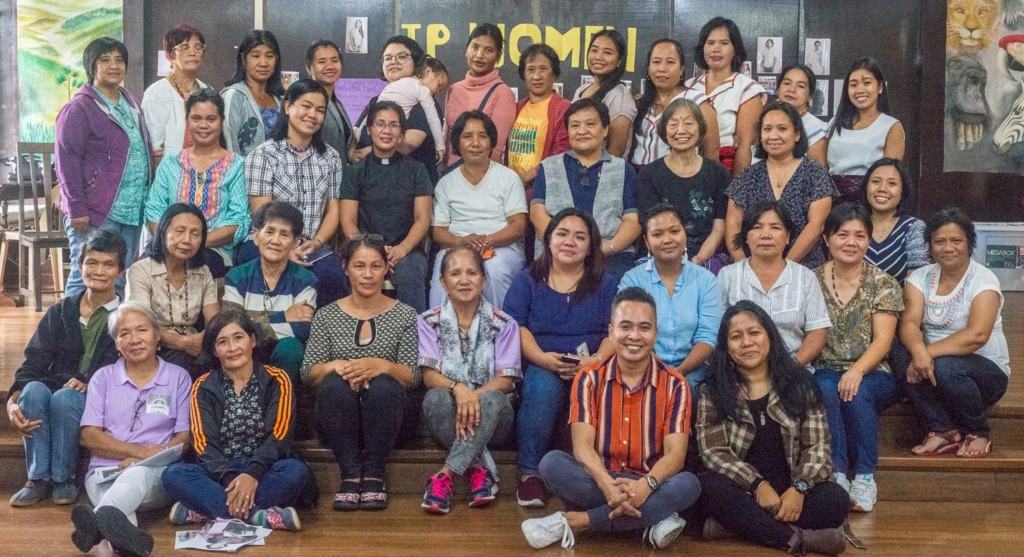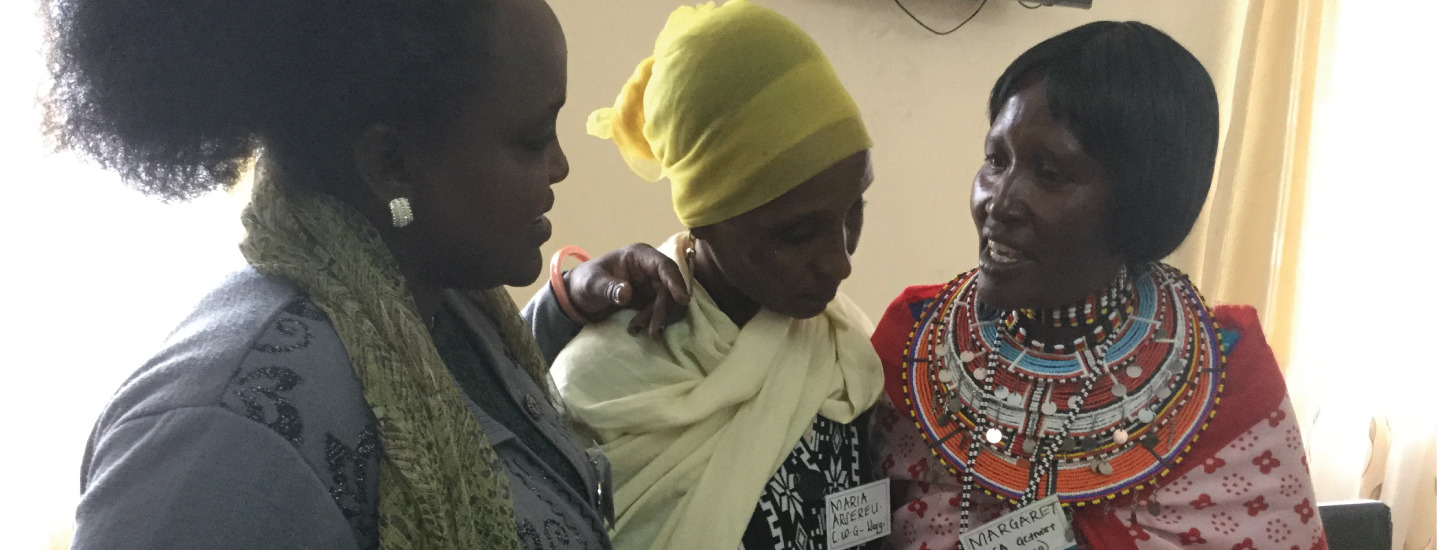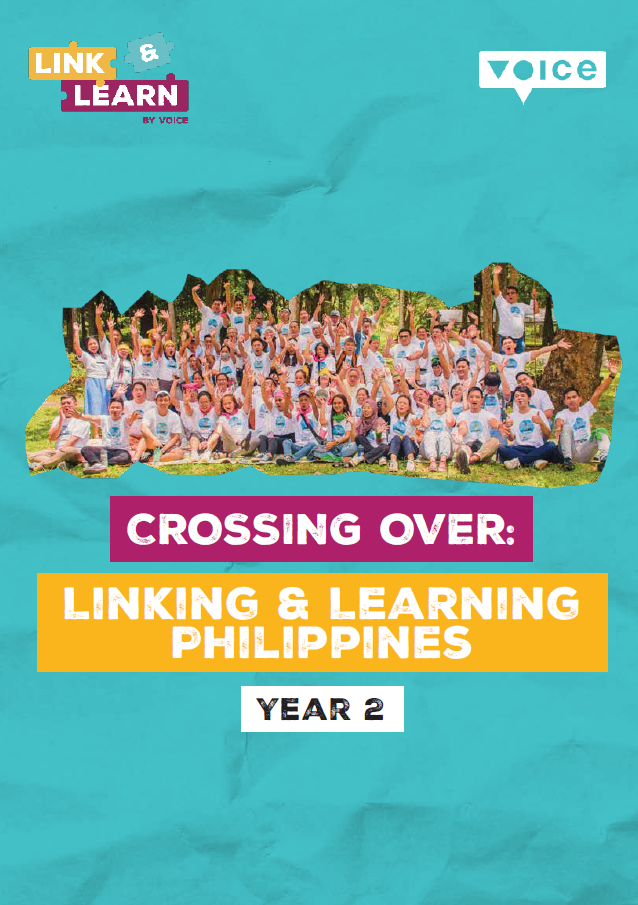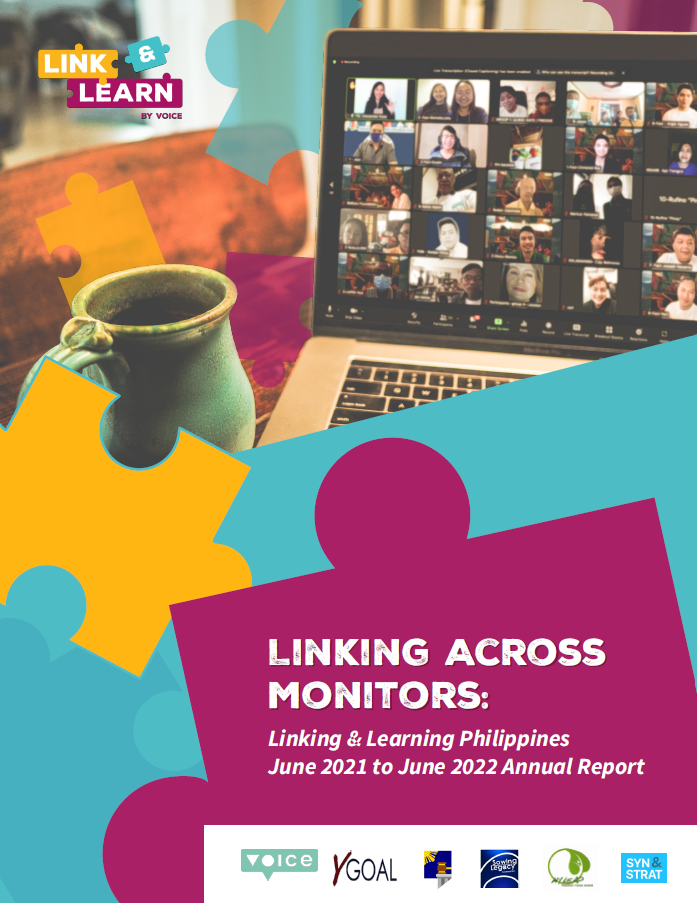Data for Rights!
By using the right data
By: Rose Ann Marie Paragas, Luzon Subnational Coordinator, Bantay Kita, Influencing grantee, Philippines
To be empowered is to know, to be able to know is to have increased access to data that are significant for the lives of indigenous communities.
This reflection is a result of one of the central discussions held during the Indigenous Women Forum in Cordillera, last July in Baguio City,. Philippines. Fifty women from different provinces such as Abra, Benguet, Ifugao, Kalinga and Mt. Province gathered for a three-day learning exchange and solidarity towards a natural resource governance that is inclusive, transparent, culturally-sensitive and has respect for human rights.
Cordillera is known for its rich natural resources including minerals like gold and copper, “white gold” that is water and “green gold” that is the forest, trees, flora, and fauna. Indigenous peoples’ lives are greatly intertwined with these gifts of nature and their land whose protection and preservation remains to be a key issue. While revisiting the history of Cordillera , the women shared that they are truly at the forefront in defending their natural resources.
One key question popped up; What is empowerment and how do we transfer this empowerment to the present and future generation? It was agreed that education is the key. Indigenous People’s or IP’s women empowerment can only continue by transferring knowledge to the present and future generation.

Continuous capacity and capability strengthening is a must. In the case of natural resource governance, having them strengthen their knowledge and skills would facilitate demanding transparency and accountability from whatever development plans and projects that are entering their ancestral domains.
“Further empowerment means more data, more knowledge about development plans and activities that are implemented in communities like mining and water. Having access to these data would aid communities to be more proactive.”
A participant musings from the forum
These kind of data are still opaque based on the narratives of the group, despite several transparency initiatives such as the Extractive Industries Transparency Initiative and access to information laws. Hence, the need for increased disclosure of data. It was recommended that communities should have access to prior fiscal and non-fiscal data for them to make informed decisions on whether or not they will allow a development project within their ancestral domains. The same data should be made accessible to on-going projects within their lands. This will help to use the right data for their rights!







